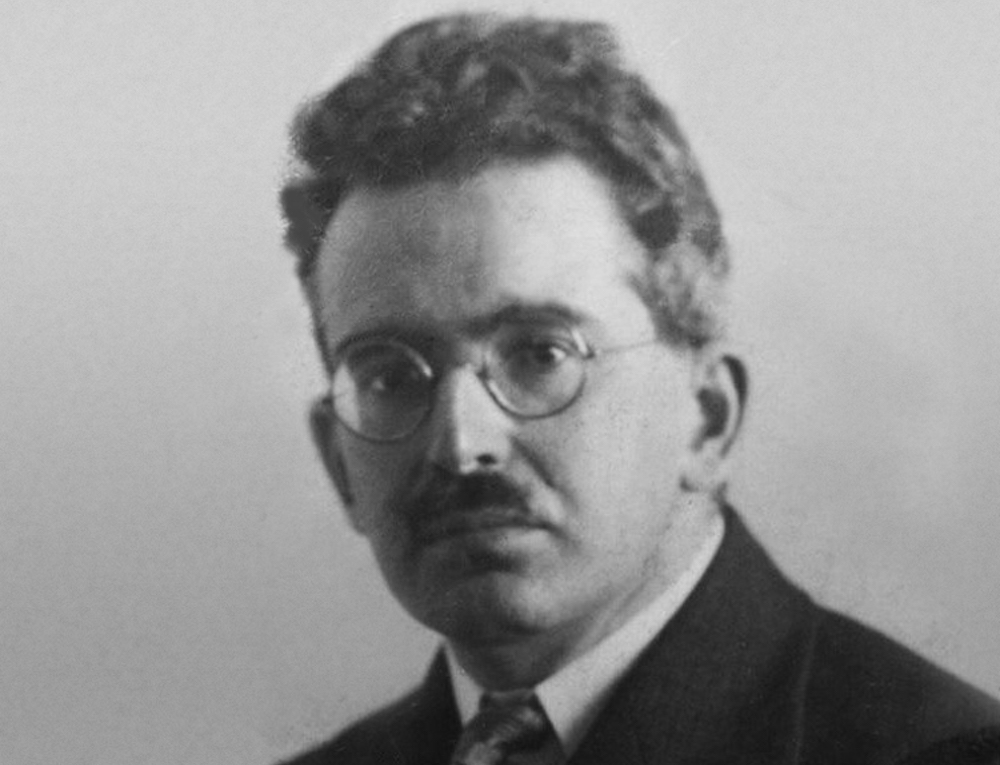
Walter Benjamin, 1928. Courtesy of the Walter Benjamin Archive at Akademie der Künste, via Wikimedia Commons.
All books should not be read in the same way. Novels, for instance, are there to be devoured. Reading them is a voluptuous act of absorption, not an act of empathy. The reader does not imagine himself in the hero’s place, but assimilates what befalls him. The vivid report of these experiences is the appetizing trimmings in which a nourishing dish comes to the table.
There is, to be sure, a raw diet of experience—just as there is a raw diet for the stomach—to wit: one’s own experiences. But the art of the novel, like the culinary arts, begins beyond the raw ingredients.
How many nourishing substances there are that are unappetizing in a raw state! How many experiences are advisable to read about, but not to have! Some readers are struck so forcefully, they would have been devastated had they suffered the experiences directly.
In short, if there were a muse of the novel—a tenth muse—her emblem would be the cook. She raises the world from its raw state in order to create something fit to eat, to bring out the fullness of its flavor. One may, if necessary, read the newspaper while eating. But never a novel. These are two conflicting obligations.
—Translated from the German by Tess Lewis
Walter Benjamin (1892–1940) was a philosopher, cultural critic, and essayist. Associated with the Frankfurt School, Benjamin influenced many of his contemporaries, including Bertolt Brecht, Gershom Scholem, and Theodor Adorno. Benjamin’s best-known essays include “The Task of the Translator,” “The Work of Art in the Age of Mechanical Reproduction,” and “Theses on the Philosophy of History.” In 1940, he died by suicide in Portbou, on the French–Spanish border, when his attempt to escape Nazi forces was thwarted.
Tess Lewis has translated works from the French and German, including books by Peter Handke, Anselm Kiefer, Philippe Jaccottet, and Christine Angot. Her awards include the 2017 PEN Translation Prize and a Guggenheim Fellowship. She serves as the cochair of the PEN Translation Committee and is an advisory editor for The Hudson Review.
From The Storyteller Essays, by Walter Benjamin, translated by Tess Lewis, published by New York Review Books. Translation copyright © 2019 by Tess Lewis.
from The Paris Review https://ift.tt/2MRxaSI
Comments
Post a Comment